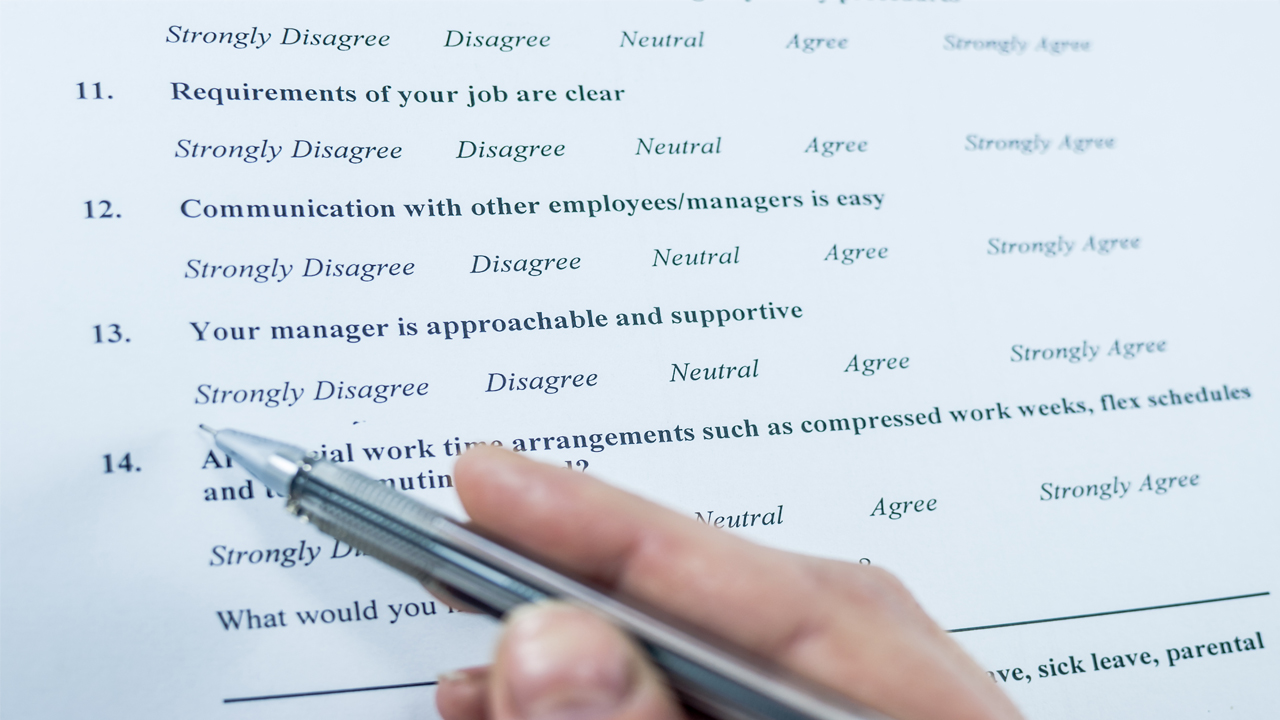
Jeff McLanahan
Contributing Writer
Contributor
As we are all aware, employee retention has taken on a new significance. We are in one of the tightest labor markets in the past 50 years and we began 2019 with an unemployment rate of 4 percent. Full employment and a robust job market have given employees the confidence to seek new opportunities, while we are wrestling with rising compensation and heated competition for new hires, both hourly and salaried.
An estimated 41 million people voluntarily quit their jobs last year, up 8 percent from 2017, according to the Work Institute, a Tennessee-based consulting firm. By 2020, the firm predicts that number will jump to 47 million, or roughly 1 in 3 workers. What does that mean to us? If you have 21 employees, 7 are most likely actively seeking other employment right now. How would losing 7 people impact your company?
The business ramifications are enormous. Each employee that leaves costs about one-third of that person’s annual earnings, including expenses such as recruiter fees, temporary replacement workers and lost productivity, according to the Work Institute.
Why are employees leaving? Some move away, some retire, and some leave for financial reasons. But, roughly 45{938cd9e8dae860e800efc538277d4f7684e6f6981618ba70d1c34357a53c2e1f} of the time an employee leaves, it is related to one of three items; No opportunity for growth, scheduling preferences, or a bad relationship with their manager.
If we know this information, we can take action. The action taken will vary from company to company, but a few to consider are:
1. Provide opportunities for growth. Growth does not specifically have to be professionally although a career ladder is important. Although we may employ technical professionals, that does not mean they do not lack other basic skills. Can you provide growth opportunities to your employees in the form of improved communication skills, why appearance matters, basic budgeting, etc.?
2. Scheduling preferences. Are the schedules in your businesses completed two weeks ahead of time so your employees can plan their lives? If your answer was “most of the time” or “I think so,” you might have an opportunity to take action in this area. Do you have flex time? Do you have a standardized request off system that everyone knows of and has access to? A single time off request that is granted may prevent an employee from leaving.
3. Bad relationship with the manager. We have all experienced these types of relationships, but they should be few and far between. Observe how your managers are interacting with your employees. Are they creating the atmosphere you want in your business? There are too many options for employees to stay with a leader that treats them badly. Providing ongoing coaching and feedback is essential, along with timely recognition of good performance. Early in my career, I spent a lot of time making excuses for one of my poor managers who had 200{938cd9e8dae860e800efc538277d4f7684e6f6981618ba70d1c34357a53c2e1f}+ turnover. Eventually my supervisor asked me a question that still resonates with me today. He asked, “Do you want to continue hiring 40 employees each year or do you want to hire one new manager?” It might be time to decide.
The days of people working for a single employer for 40 years and then retiring are behind us, for the most part, but that does not mean we cannot keep employees longer than we currently do.
Assess what is occurring in your business, discover why your employees are leaving, and start taking action today!

